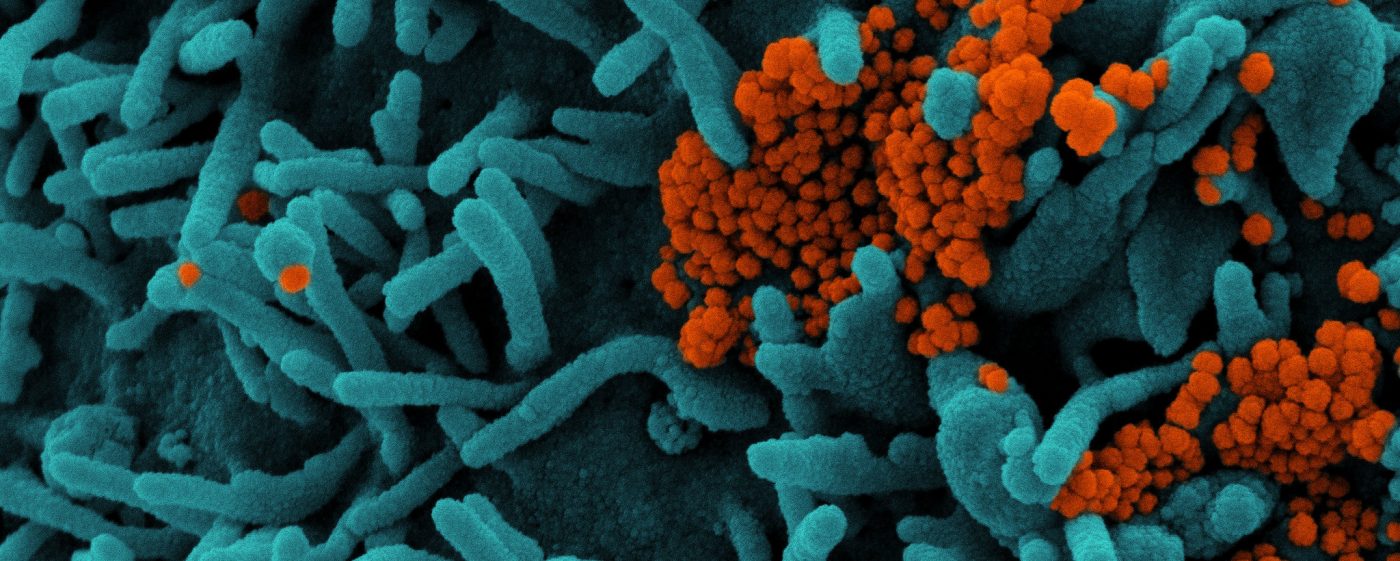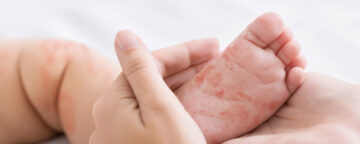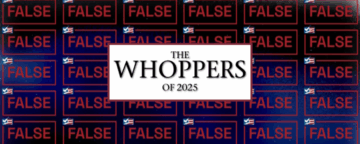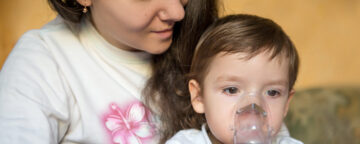Whose job is it to fight misinformation about COVID-19 and vaccines? Is it the responsibility of public health agencies, digital platforms such as Facebook and Twitter, fact-checking organizations?
In “How to Counter COVID Misinformation” in the April issue of Scientific American, communication scholar Kathleen Hall Jamieson argues that it’s up to everyone. “We each have more power to be a science communicator than we realize,” the article says. “Equipped with a few tools, we can each become part of the larger misinformation-fighting system – as I like to call it, a science defense system,” writes Jamieson, director of the Annenberg Public Policy Center (APPC) of the University of Pennsylvania, co-founder of its project FactCheck.org, and professor at Penn’s Annenberg School for Communication.
Jamieson describes a series of layered defenses that are in place to prevent the spread of viral deception, which she likens to venereal disease, VD. A digital platform can block or downgrade misinformation so it is not as easily spread. Fact-checkers can correct it. Knowledgeable people can try to refute it online. But these are not enough. In the end, to prevent the spread of misinformation, she writes, “the last line of defense is real-world relationships: family, friends, and office buddies.”
Jamieson argues that we can each take active roles within our communities to discourage the spread of conspiracy theories about COVID-19 and encourage protective actions like wearing a mask and getting vaccinated.
While expert health communicators such as Anthony Fauci of the National Institute of Allergy and Infectious Diseases and CNN’s Sanjay Gupta are trusted public figures who combat COVID misinformation, there are limits to their reach.
For example, “Fauci isn’t on your family Zoom call when a cousin mistakenly asserts that the CDC has found that wearing a mask makes you more likely to get COVID-19,” Jamieson writes. “Nor is Gupta at the ready when your friend’s daughter wonders whether the COVID vaccine contains microchips designed to track us.”
How we respond in these moments matters. To be prepared, Jamieson suggests these steps:
- Find – and bookmark – the facts that matter: Start stocking your “science defense tool kit” by bookmarking the CDC’s page addressing frequently asked questions about COVID-19 as well as other reliable fact-checking groups such as the Associated Press, Reuters, USA Today, the Washington Post, PolitiFact, and FactCheck.org.
- Remember that science is messy and provisional: Trial and error is part of the scientific process, and public health recommendations are always reflections of what science currently knows. Knowing that provides context when public health guidance changes.
- Set norms by modeling good behavior: “By reinforcing and modeling a behavior such as mask wearing, science champions can make it a norm in their social circles.”
- Depoliticize the science: “An effective science defender will listen to a person’s reasons for not masking or vaccinating and share counterevidence without questioning their competence, good will or intelligence.”
- Consider before you “like”: By liking something on social media, “we signal that the content is both acceptable and accepted. By sharing, we invest it with our credibility.”
- Set realistic goals: “Rather than trying to convince people whose minds are closed, time is better spent focusing on persuading those who are reluctant but not opposed to engaging in preventive behaviors.”
- Make it about protecting your neighbors: “If it’s a matter of taking care of the community, even doubters might decide to take preventive measures.”
- Aim for community immunity: “It is immunity within our community – not at the national or state level – that protects us and our families,” Jamieson writes.
Jamieson writes that she and FactCheck.org – with the support of the Robert Wood Johnson Foundation – have embarked on a pilot project to develop a cross-platform approach to counter misinformation on COVID-19. FactCheck.org’s SciCheck program has begun an expanded initiative to debunk and preempt COVID and vaccine misinformation in Spanish as well as English through articles and videos; and Critica, a nonprofit focused on understanding how people get information about science, is deploying “infodemiologists,” or specially trained experts, to respond directly and intervene when misinformation is posted online.
“How to Counter COVID Misinformation” is in the April issue of Scientific American.



